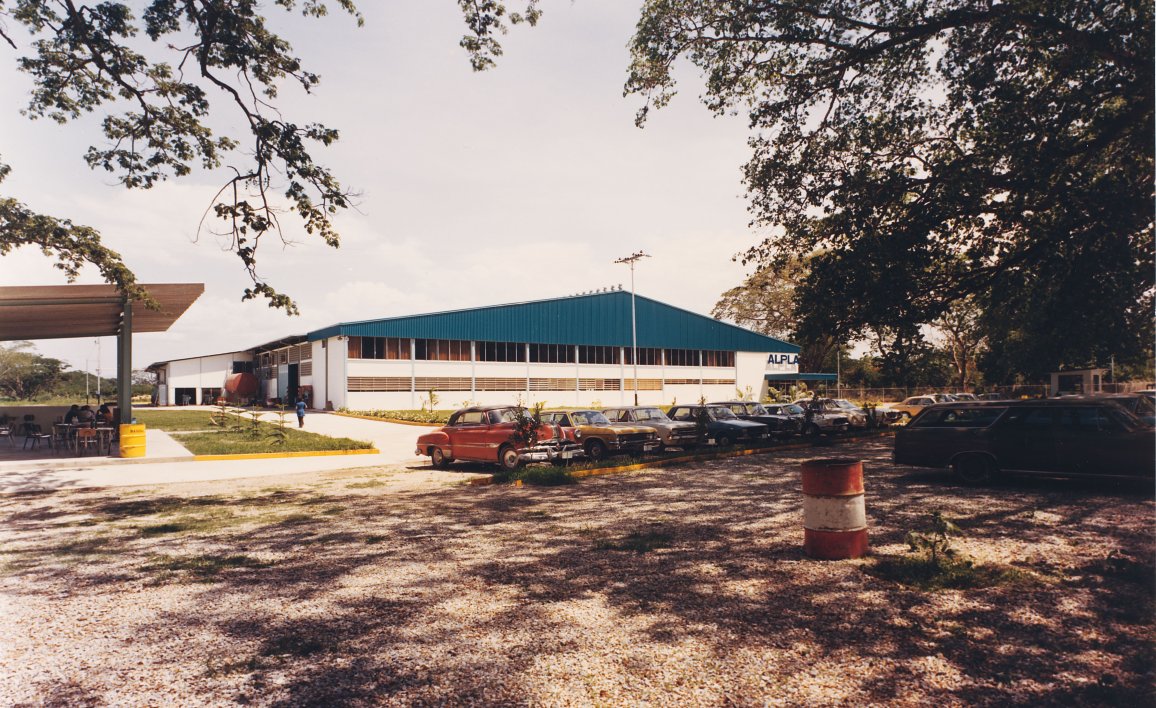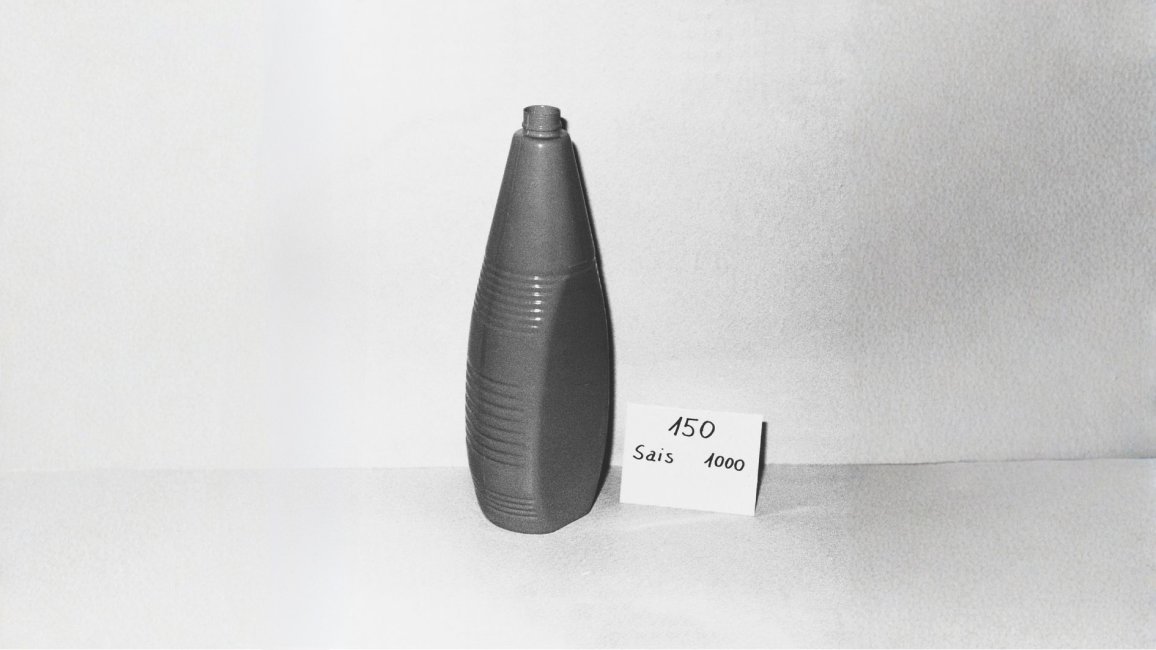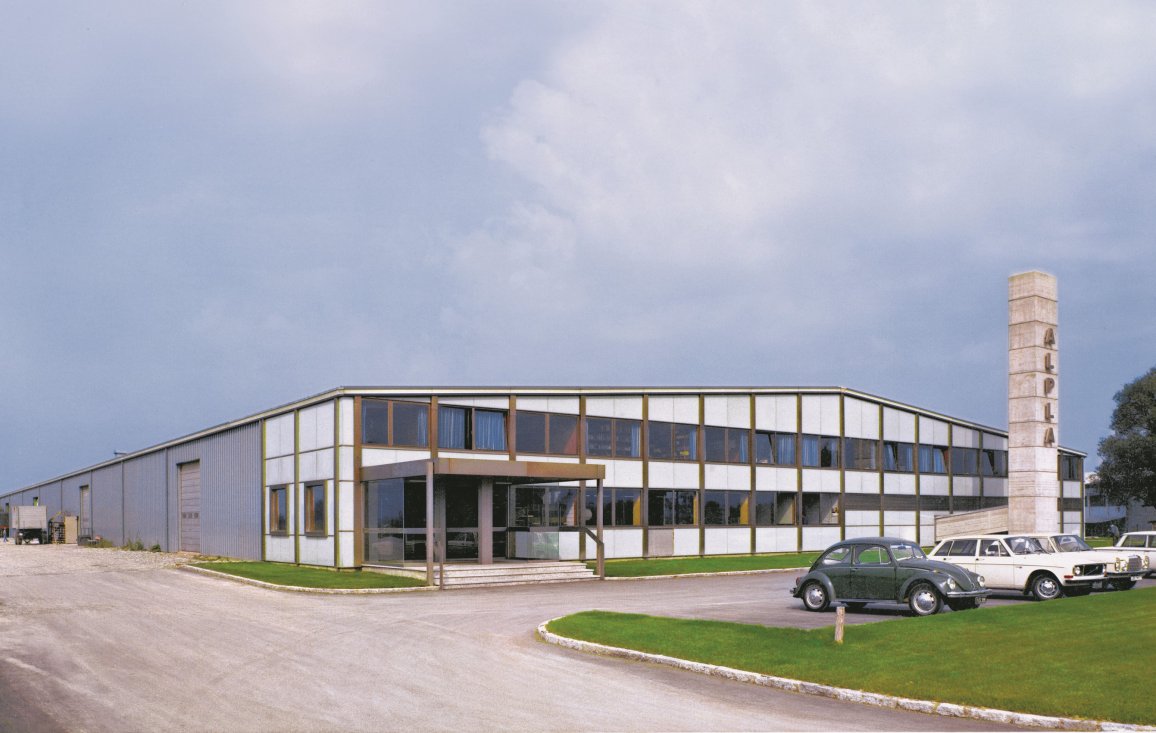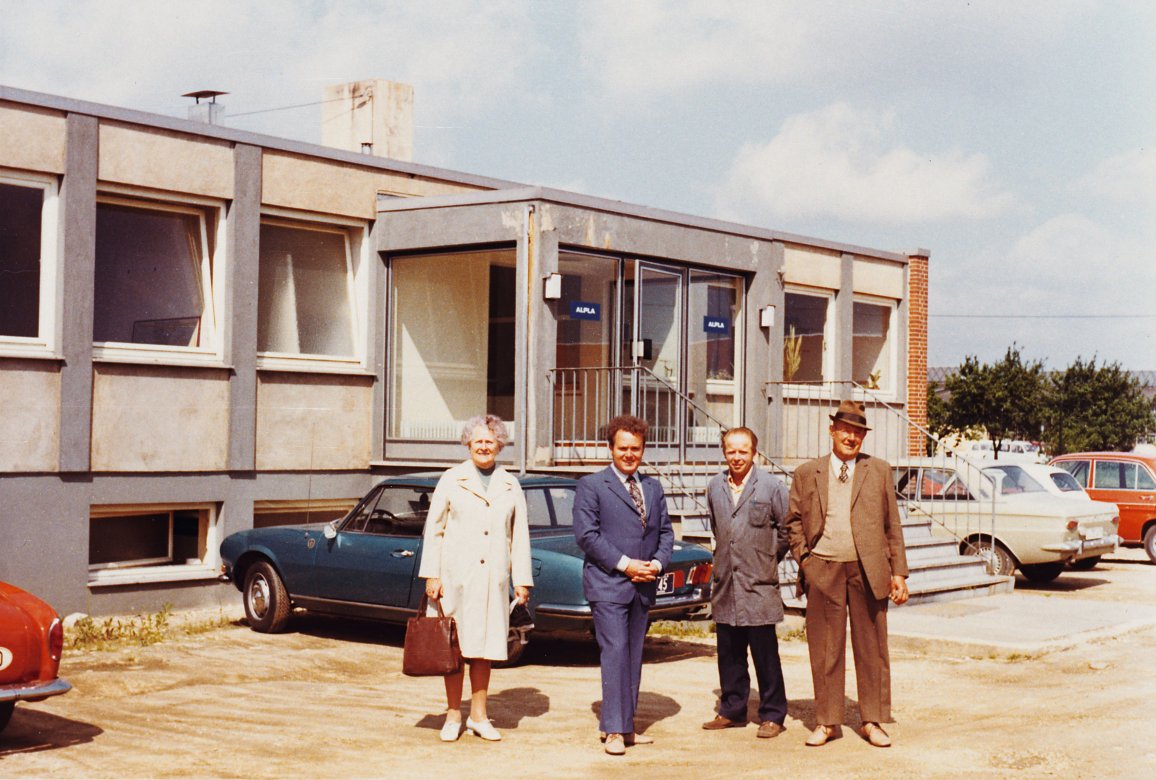From Hard to the World: ALPLA 1964–1972
Part two of our series celebrating 70 years of ALPLA: The years 1964 to 1972 were marked by rapid growth and key strategic decisions. ALPLA expanded beyond Austria’s borders, developed pioneering products, and laid the foundations for its international presence. New plants, a revised corporate structure, and forward-looking partnerships made this one of the most dynamic phases in the company’s early history.

From 1972 onwards, ALPLA produced at a new plant in San Joaquin, 140 kilometres west of Caracas.
Expansion into Germany
A competitive disadvantage drives expansion: as Austria is not a member of the European Economic Community (EEC), exports to Germany are subject to customs duties. In 1964, ALPLA therefore opens its first production site outside Austria in Markdorf on Lake Constance. The beginnings are modest – 15 employees work in simple wooden barracks, operating in three shifts. Yet the site proves to be strategically sound, as from here ALPLA opens up the German and later the European market.
By 1965, ALPLA employs 820 people in two countries and at three sites, generating a turnover equivalent to €2.3 million. The legal form of a sole proprietorship no longer fits the company’s scale – in 1966, ALPLA is converted into a general partnership (OHG), with Helmuth, Alwin and Heinz Lehner as well as Wilma Früh as partners.
A Classic is Born: The Cooking Oil Bottle
In 1967, the Swiss company Sais (now Sabo) commissions ALPLA to develop a plastic bottle for cooking oil. After intense discussions with the client, Alwin Lehner produces a wooden model that immediately convinces. The characteristic grooves are inspired by oil barrels. Initially produced in PVC and later converted to PET, the bottle’s design has remained virtually unchanged to this day – a true classic on the shelf.

In 1967, the Swiss company Sais switched from glass bottles to plastic bottles for its cooking oil.
Expansion into Latin America and new Headquarters
In 1968, ALPLA took the step across the Atlantic. In Venezuela, the company acquired a stake in a business which was soon fully taken over. In San Joaquín, west of Caracas, a new plant was built in the early 1970s. The motivation: proximity to international brand manufacturers such as Colgate, who required high-quality packaging in South America. “My brother went over with four or five people, and we turned a profit in the very first month,” recalled Alwin Lehner, who passed away in 2018.
By the end of the 1960s, the headquarters on Lochbachstrasse was bursting at the seams. Alwin Lehner found a large plot of land on Allmendstrasse on the outskirts of Hard, then surrounded by water and meadows. Despite difficult ground conditions, a lightweight production hall was built here, which still stands today. With great foresight, the Lehners chose this location, which enabled further growth and became the international headquarters.

The new ALPLA Headquarters in Hard, Austria.
Strong Growth and New Markets
ALPLA also expands its presence in Germany. From Markdorf, it soon supplies major customers such as Kühne, which switches its vinegar packaging from glass to plastic bottles. The experience from Austria repeats itself: proximity to customers determines competitiveness. Thus, in the early 1970s, ALPLA takes its next step – with the acquisition of a plant in Jülich, the company is now firmly established in the German market.
By 1972, the demand for plastic bottles has risen dramatically: in the Federal Republic alone, production grows from ten tonnes (1964) to fifty tonnes per year. ALPLA is thus part of a global trend that permanently transforms the packaging industry.

Lina, Heinz (from left) and Leopold Lehner (on the right) touring the new ALPLA plant in Jülich together with Plant Manager Armin Nagel (second from right) in 1972.
To the next part: ALPLA 1973-1984
Do you like our texts? Perhaps even so much that you want to use them in your own media? Then please get in touch with us beforehand!
